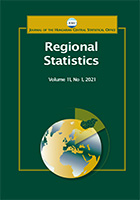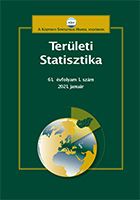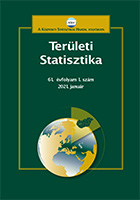
BOVINELE ÎN VIAȚA COMUNITĂȚILOR DIN PRIMA FAZĂ A CIVILIZAȚIEI CUCUTENI-TRIPOLIE: ÎNTRE ECONOMIC ȘI SIMBOLIC
The article analyzes the link between cattle and the human communities from the first phase of evolution of the Cucuteni-Trypillia civilization, in an attempt to establish the role and place of these animals in the economic life and in the imaginary of the Eneolithic world. These links were pursued on two levels. On the one hand, we reviewed the types of representations of this animal as well as the main directions for their interpretation. On the other hand, we took into consideration the archaeozoological data. The corroboration of these two information sets allowed us a more profound understanding of these animals' importance for the Cucuteni-Trypillia world, and also a thorough interpretation of the different ways to represent cattle.
More...





